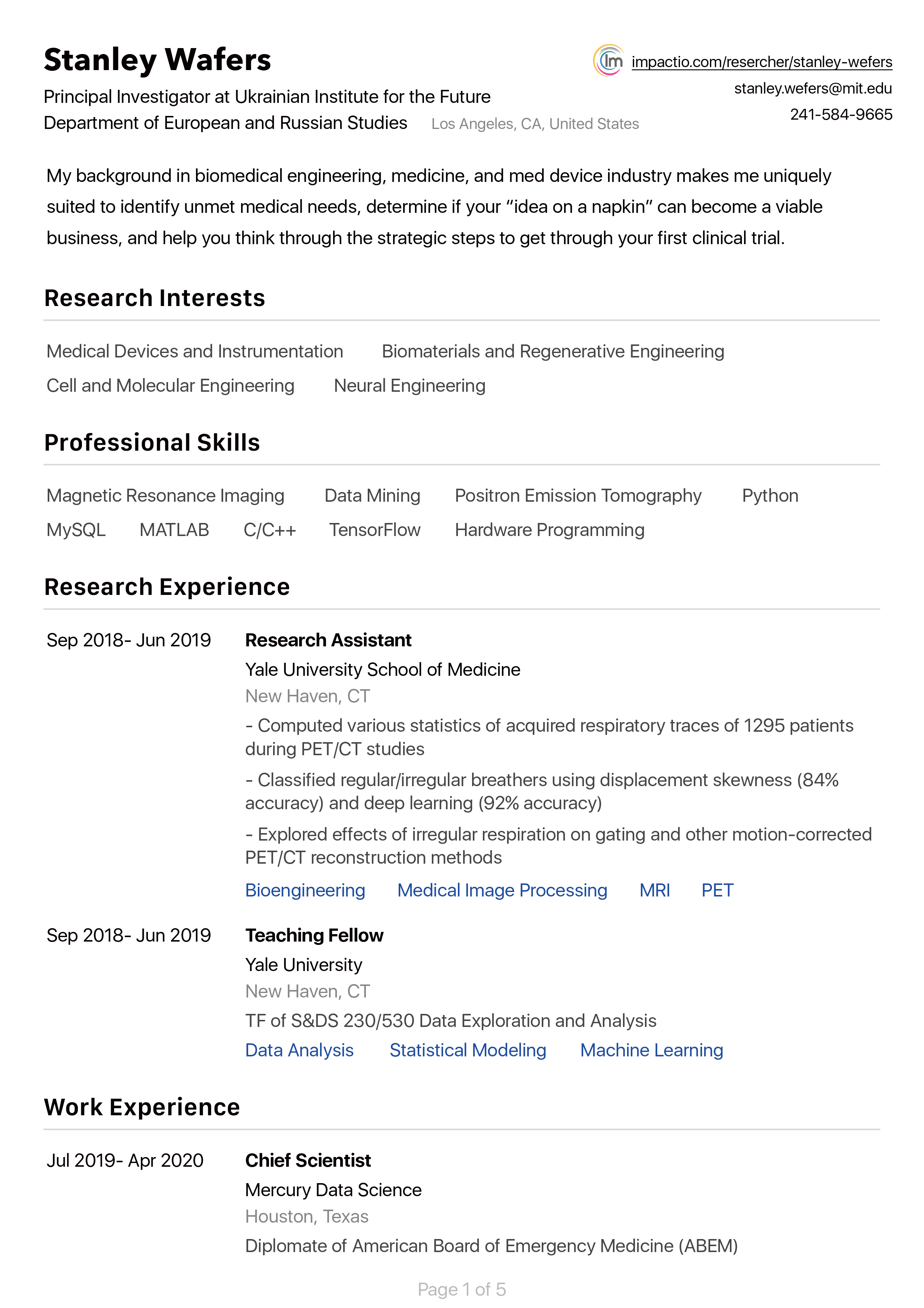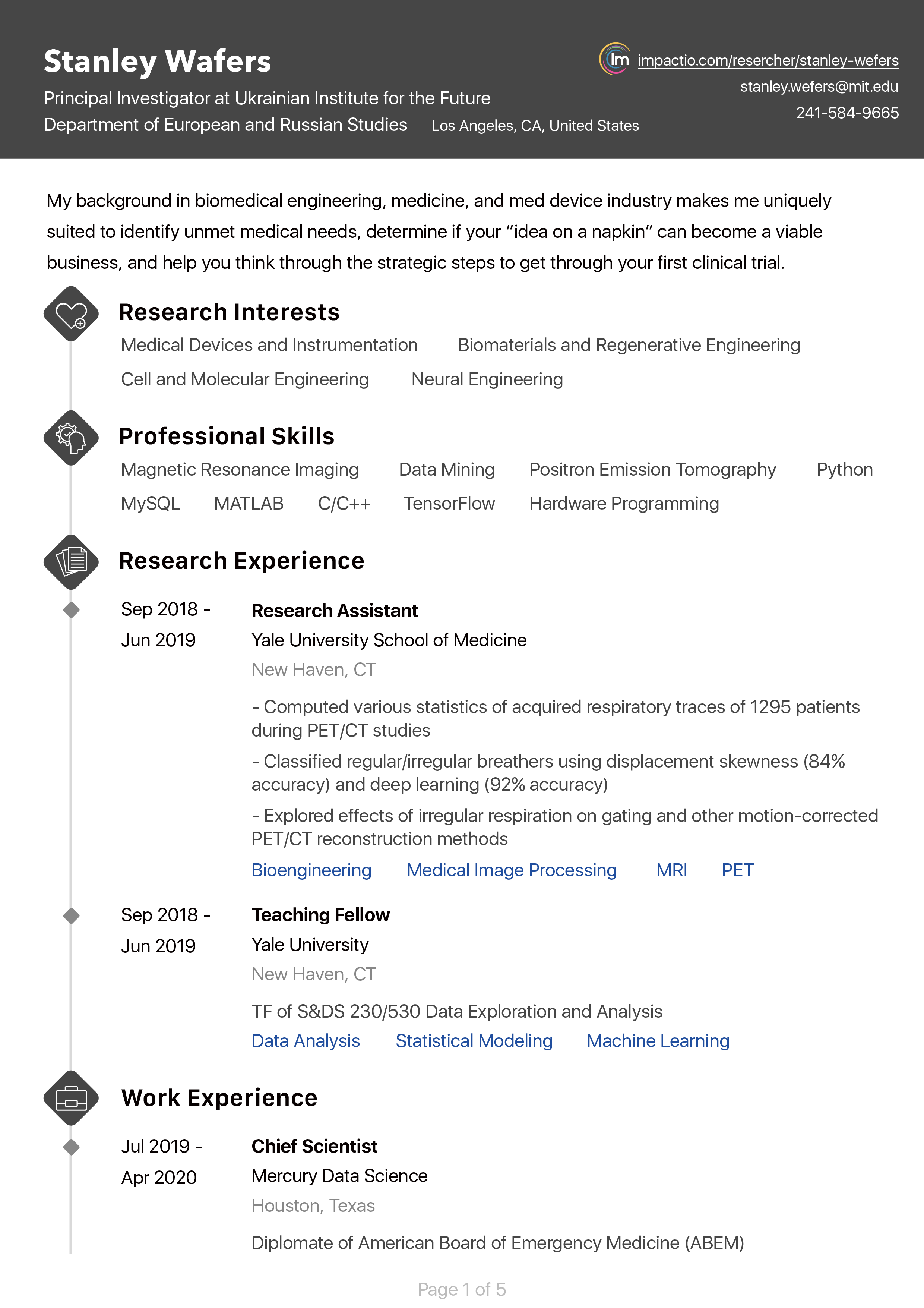About
Socio-anthropologist, Prof. Jean Pierre Poulain holds a PhD in 1985, at University of Paris VII and a HDR in 2004, at University of Paris IV-Sorbonne. After 15 years at the Toulouse Hotel school, he move to an academic carrier in University of Toulouse focusing on "Sociology of Food" and "Food studies". He became associate professor in 1997 and full professor in 2007. He conducts researches on the links between Food, Cultures and Health in the frame of CERTOP UMR-CNRS 5044, and leads, since 2012, the chair of “Food Studies” conjointly set up by university of Toulouse (France) and Taylor's university (Kuala Lumpur, Malaysia). He is the co-director of the International Associated Laboratory (LIA-CNRS) "Food, Cultures and Health ».
Culture
Food Processing
Public Health
Sociology
Nutrition
Metabolism
Human Nutrition
Cultural Analysis
Cultural Studies
Nutrition Assessment
Professor, Chair of food studies: Food, Cultures and Health
University of Toulouse-Jean Jaurès
April 2012 - Present
Toulouse, France
Chair of food studies: Food, Cultures and Health
Taylor's University
May 2012 - Present
Malaysia
Professor, Chair of Food Studies: Food, Cultures and Health
University of Toulouse & Taylor's University
May 2012 - Present
Toulouse, France
Professor (Full) in Sociology (Profile : Sociologie de l'alimentation)
Université Toulouse II - Jean Jaurès
January 2007 - Present
France
Dean
University of Toulouse
September 1999 - September 2018
Toulouse, France
Associate Professor in Sociology (Profile: Sociologie de l'alimentation)
Université Toulouse II - Le Mirail
September 1997 - January 2007
France
In 1999, accreditation by the ministry of higher education of a Master in social sciences applied to food, in partnership with the National School of Agronomy and the Toulouse School of Agronomy.
Senior Lecturer (Dr.)
Université Toulouse II - Jean Jaurès
September 1993 - September 1997
France
Professeur Chef de travaux (agrégation et Dr.)
Lycée technique d'Hotellerie et de Tourisme de Toulouse
August 1987 - September 1993
France
Professeur technique
Lycée technique d'Hotellerie et de Tourisme de Toulouse
September 1981 - September 1987
France
Centre de Formation des Professeurs Technique (CFPT), antenne de l'ENSET de Cachan
Sep 1986 - Jul 1987
Sciences économiques et Gestion, Option : Hôtellerie Tourisme

Paris Diderot University
Sep 1982 - May 1985
Sociologie
Université Paris Diderot - Paris 7
Sep 1981 - Jul 1982
Sociology
Centre de formation des professeurs techniques (CFPT) Antenne de l'ENS de Cachan
Sep 1979 - Sep 1981
Sciences économiques et de gestion, Option "Hôtellerie Tourisme"

Université Toulouse II - Jean Jaurès
Sep 1980 - Jul 1981
Psychology

Université Toulouse II - Jean Jaurès
Sep 1977 - Sep 1980
Psychology

Sorbonne Université
May 2004
Sociologie
Award
Dec 2001
Prix Jean Trémoliere
Award
Dec 2001
Prix de la Recherche en Nutrition de l'IFN
Award
Oct 1988
Grand Prix de l'Académie Culinaire,
Family Farming Lifestyle and Health in the Pacific (FALAH) Marie Skłodowska-Curie Actions Research and Innovation Staff Exchange (RISE) H2020-MSCA-RISE-2019 Number: 873185
The goal is to promote and revitalise family agriculture to improve the health of Pacific populations and ensure food security in the context of rapid social and economic transformations and climate change, which effect are particularity harmful to Pacific islands.
Call for paper: FOOD STUDIES AND SOCIOLOGY
SPECIAL ISSUE OF "SOCIAL SCIENCES"
https://www.mdpi.com/journal/socsci/special_issues/Food_Studies_and_Sociology
From the 1960s onwards, the interest of the social and human sciences in food developed almost simultaneously in history, sociology, ethnography and anthropology. This occurred in the French-, English-, then Spanish-, German- and Portuguese-speaking countries, but at different rates and, above all, involving different issues. During the 2000s, two paths of « thematisation » developed in parallel. The initial movement continued to develop, becoming increasingly anchored to the central questions of the various disciplines–connections considered a condition for successful interdisciplinary dialogue. In doing so, it has strengthened its institutionalisation, resulting in the creation of specialised training and research groups.
The second approach, "Food Studies", has been based on a multidisciplinary thematic focus, following the model already implemented by "Cultural Studies". Under its umbrella, views on food from almost the entire academic world of the social sciences are brought together. Connections have been made with "social movements" that see food as a place for understanding the challenges of changes in contemporary societies.
This issue seeks to explore these two paths in terms of the themes, methodologies and social issues they address. The aim will be to identify their respective contributions to the issues of:
- The medicalisation of food and control practices,
- Obesity and the normalisation of bodies,
- Food heritage, its study and development,
- Risk and food safety,
- The environmental consequences of food choices,
- The human-animal relationship and the different forms of vegetarianism,
- The consequences of modernisation and compressed modernisation on food practices
- The new configurations of the challenges of world hunger and the issues of food sovereignty
- Food transitions (nutrition, epidemiology and protein transition)
- Movements of consumption ebbs and flows inside and outside the household (eating out, home deliveries, new forms of housing).
The articles may be devoted to a particular theme, to the history of their construction in terms of problematics and recognition, to the stakes of these differentiated developments in the different linguistic universes and academic traditions. They will attempt to identify the epistemological and social issues at stake in these approaches to food by the social sciences.
They may take the form of a problematic essay, a research report (provided the theorisation is substantial), a literature review (those highlighting work produced in non English-speaking environments will be welcome), or a comparative analysis.
Socio-Cultural Research in Protein Transition (SCRiPT) Study
PhD thesis
ALIMI ou la culture alimentaire à l'épreuve de la migration
"Towards a model of concerted and participative food heritage touristic valorization process: Kelabit indigenous community, Sarawak" - Fundamental Research Grant Scheme (granted by Malaysian Ministry of Higher Education)
The overall objective of this research is to lay out the socio-cultural framework model through a concerted and participative valorization process towards a sustainable local food heritage in relation to the nutritional and health status of the population.
Realted Researchers









